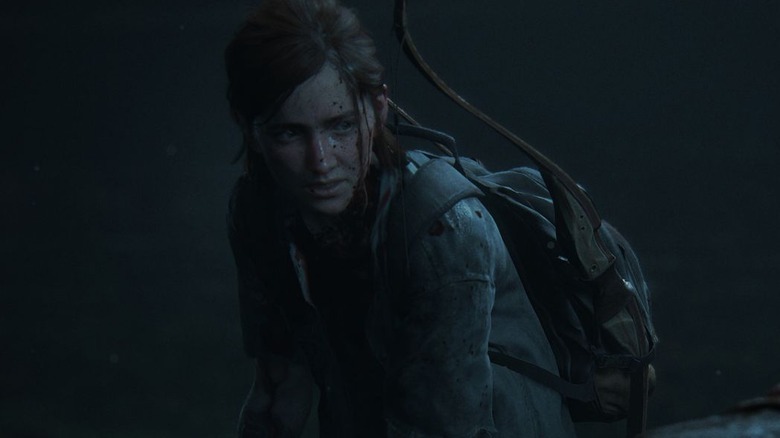The Game Awards Host Breaks His Silence On The Last Of Us 2 Controversy
The Last of Us Part 2 had a controversial night at The Game Awards this year, pulling in seven of the ten awards it was nominated for, while also prompting backlash towards both the game and the event. In response to the controversy, Game Awards host Geoff Keighley sat down with Game Informer to push back against rumors of a rigged ceremony and explain the complications of determining eligibility related to developer crunch.
Keighley's Game Informer interview responds to the two main avenues of attack that members of the gaming community have leveled towards The Last of Us Part 2 and The Game Awards. The first and most widespread of these is the assertion that The Last of Us Part 2 was actually unpopular among gamers and that there was a critical conspiracy to award it the many honors it received. The next, and perhaps more relevant, argument is that the game's success at the show rewarded the unfair practice of crunch that Naughty Dog employed to get the game out on schedule.
Due to the divisive nature of The Last of Us Part 2, there has been a noticeable disconnect between vocal segments of the gaming community who review bombed the game and the critics who embraced it. Ghost of Tsushima, for instance, won The Game Awards Players Voice award, which is essentially the popular vote Game of the Year.
However, Keighly notes that the Players Voice category "starts with 30 games, and the final two games that got the highest number of votes were, you know, Ghost of Tsushima and The Last of Us." He cites this as clear evidence that while The Last of Part 2 is undoubtedly divisive, it has enough fans out there to beat 28 other games to the final showdown of that event.
Keighley also discussed the controversy surrounding the impact of the crunch period the development team went through to finalize The Last of Us Part 2. Keighly acknowledges the effect of crunch culture and the importance of encouraging conversation regarding the issue.
The difficulty for The Game Awards, Keighly explains, lies in determining eligibility on a game by game basis. Keighley stated, "It becomes a slippery slope, right? Because then, do you look at the diversity of studios and decide, 'Well, this game is eligible, this game isn't eligible?" The preference of The Game Awards, he says, is to admit all titles and allow those factors to influence the judging panel's decision-making.
While Keighly's comments are unlikely to silence any longstanding accusations on Reddit, it is reassuring to hear that The Game Awards are aware of community concerns regarding these issues.

